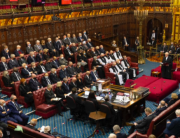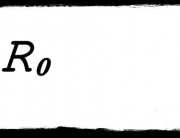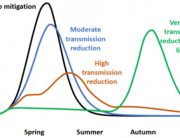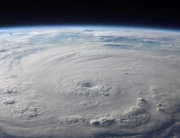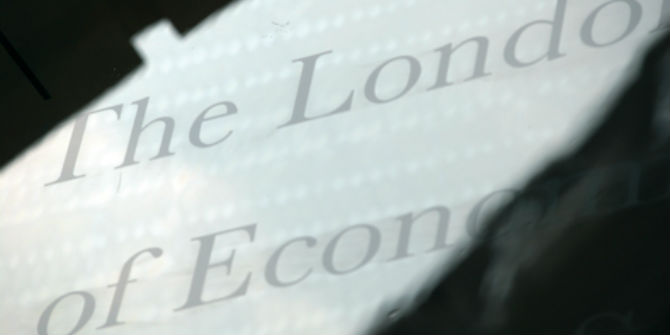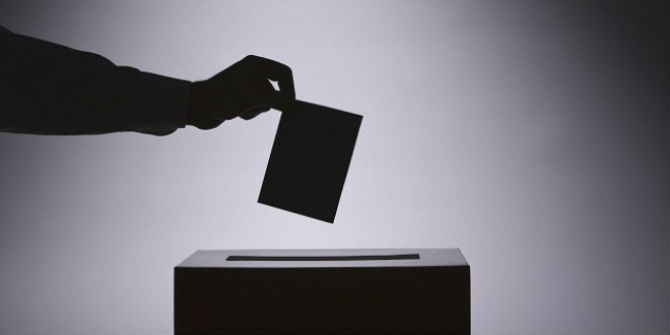With the 2015 UN Climate Change Conference coming up, Eric Brandstedt asks what we should expect from the talks and considers the relationship between ethical and political perspectives on the climate change debate.
On Monday, 30 November the world’s spotlight is again directed on Paris: this recently traumatised city will host the 2015 United Nations Climate Change Conference – the 21st Conference of the Parties (COP21). Whether or not the meeting will help Paris recover from the recent tragedy is unclear, but the expectation of the conference is nevertheless that it should result in an international agreement to keep global warming below 2°C. The question is whether that is a reasonable expectation to have.
We should first note that one could think about it from different perspectives. One is from policy analysis: given what we know about such negotiations and about the history of the COP, what is likely to happen? Another perspective is from climate science. Some argue that science “requires” a more ambitious climate target, of say 1.5°C, and we should expect nothing less than that.
Without denying the crucial role science plays in informing environmental goal-setting, I believe that there is something confused about using it to set political objectives and to supply expectations. The acceptance of an objective for climate change abatement is, in the last instance, a normative question that cannot be settled merely by consulting descriptive facts. The right overall ambition as well as the division of responsibility between relevant actors are not facts to be discovered, they are outcomes of a procedure of scrutiny that takes into consideration reasons for and against various courses of action.
This takes us to a third possible perspective: one could by reasonable expectation mean ethically justified, that is, to expect nothing less than the ethically justified outcome. I believe that this ethical perspective is an important complement to the other two, but that it has been misunderstood and overplayed. I will soon come back to why that is, but I will first say some things from the policy perspective.
I think it is fair to say that the overall expectation of Paris is lower than before Copenhagen, in 2009. In the run-up to COP15 in Copenhagen most people expected a legally binding treaty, one similar to the Kyoto-protocol, although more ambitious. But, as everyone with an interest in climate politics knows, the meeting was by and large a disappointment. According to the policy analyst David Victor, the gridlock of Copenhagen and thereafter is the result of beliefs in a series of damaging myths, such as the claim that we need to negotiate a top-down legally binding and all-encompassing climate treaty. According to Victor and other, though not all, policy analysts, we should not expect a protocol similar to that of Kyoto at all, but instead hope for more piecemeal agreements.
There are signs of an alternative, more bottom-up, approach being developed. One is the so-called Intended Nationally Determined Contributions (INDCs) that will be a major discussion point in Paris. All parties to the UNFCCC (United Nations Framework Convention on Climate Change) have been asked to make pledges with regards to their intended emission reductions. This has, for example, resulted in the EU promising to reduce emissions by 40% compared with the 1990 levels, by 2030. If the INDCs are respected, the world would be on course for around 3°C of warming, which is much better than on business-as-usual though clearly not good enough. An object for reasonable hope is that the review mechanisms for the INDCs, which will be discussed in Paris, will be developed so as to require progressively increasing these ambitions every fifth year.
Let us now shift to the ethical perspective. I’m not going to provide an exhaustive ethical analysis (I don’t want to prejudge my current postdoc project), but will be content with just specifying some methodological points. First: the mere fact that a policy is not politically feasible, here and now, does not mean that it is not ethically justified or that it shouldn’t be pushed for. There is a gap between descriptive facts of expressed willingness and normative facts about what there is most reason to do. But that is not to say that the policy perspective just sketched is irrelevant to the ethical analysis.
On the contrary, I contend that climate ethics needs to carefully consider climate politics in order to make a meaningful contribution. And this is something that unfortunately has not happened to any significant degree. Climate ethics has been developed as a kind of applied ethics, where the normative recommendations are worked out on the basis of existing normative theories (mainly utilitarianism) together with facts about the problem area (that is, facts about the drivers of and potential impacts of climate change). On this predominate approach, the policy perspective and the abovementioned gridlock are not of direct relevance; instead this approach aims to present an ideal distribution of responsibility, and it is just too bad that the political process falls hopelessly short of delivering on that. That the approach makes climate ethics largely irrelevant to the political process and leaves a need for ethically informed action-guidance unfulfilled are problems philosophers have not fully reacted to.
The most important contribution to make from an ethical perspective is not the wholesale rejection of current venues for discussion: any such radical critique tends to be seen as lamentation rather than constructive criticism. Instead, it is to work closely with the relevant practices and relevant agents and to characterise the decision position including its foundational and legitimising values, as well as the interests of the parties. A climate ethicist could contribute with the kind of careful analysis philosophers are generally skilled at, and with it work out the relevant distinctions, masked assumptions and implications of already affirmed commitments.
Thinking about the expectations from the policy perspective, I believe there are several ethical complaints that can be lodged. Some parties to the conference may for good reasons reject certain lines of reasoning, complacent or short-sighted arguments. But this is not because they are unreasonable as judged by an independent ethical standard. Rather, reasonable expectations are set by the legitimising values of UNFCCC. Climate ethicists could help make that clearer.
Eric Brandstedt is a Postdoctoral Researcher in the Department of Philosophy at Lund University, Sweden. He is currently a Visiting Researcher in the Centre for Philosophy of Natural and Social Science at LSE. Eric’s current research project is entitled “Constructive Climate Ethics. How to Make Ethical Theorising Relevant to Climate Policy”.
Featured image credit: Drenaline / CC BY-SA 3.0






















